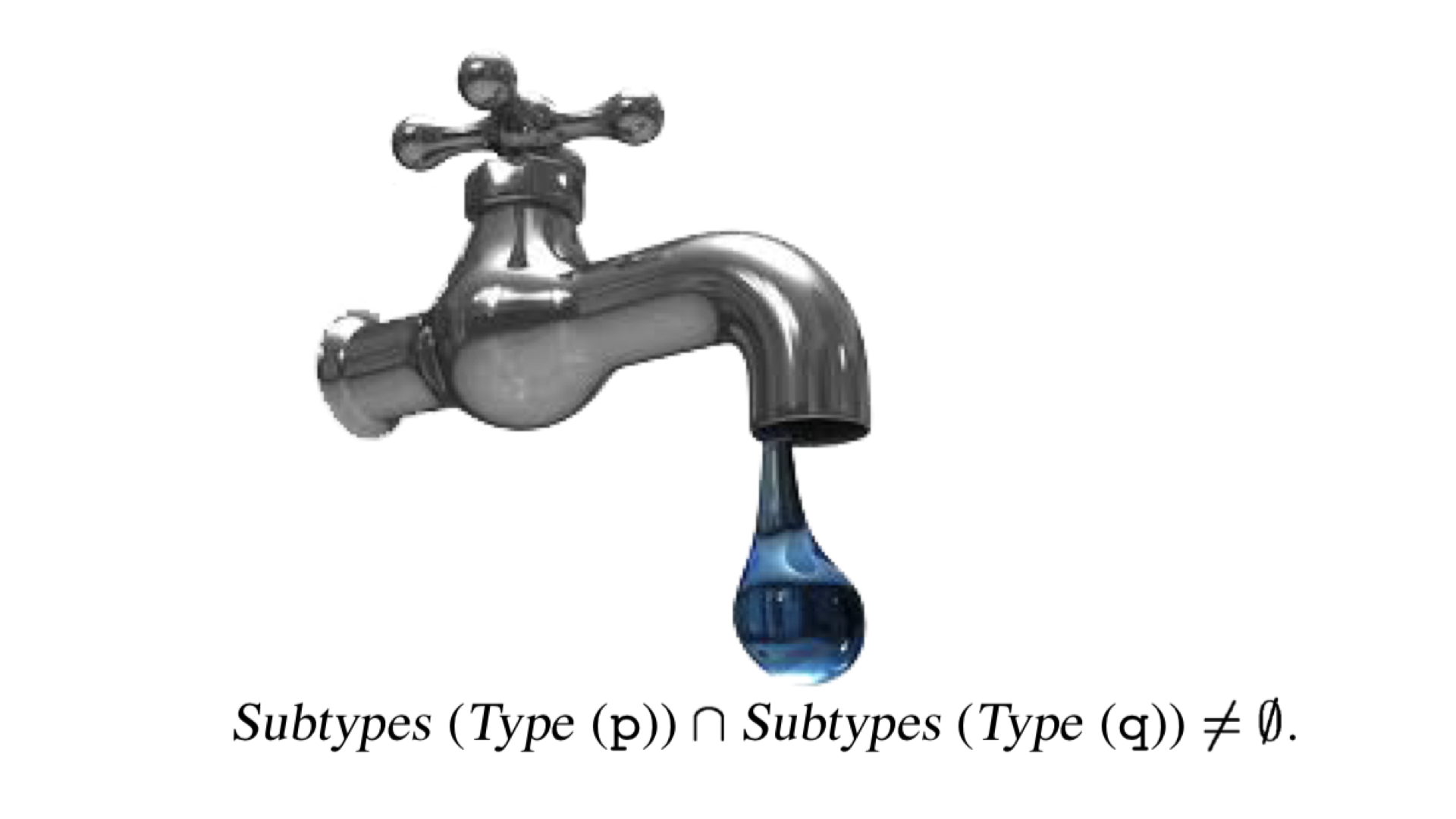

Transform a function such that it leaks a secret, in particular (part of) the code of a secret function. This can be useful to simulate a misbehaving obfuscator. Leaking can be static (simply insert a variable that holds the encrypted source code of the secret function) or dynamic (only leak if a certain formal parameter has a certain value).
| Option | Arguments | Description |
|---|---|---|
| --Transform | Leak | Simulate a misbehaving obfuscator by inserting code that leak (part of) the secret function. Note that openssl needs to be installed. |
| --LeakSecretFunction | string | The name of the secret function whose code will be leaked Default=0. |
| --LeakVariable | string | For dynamic leakers, the formal parameter that will be tested Default=0. |
| --LeakValue | INTSPEC | For dynamic leakers, the value that the formal parameter will be tested against Default=0. |
| --LeakKind | static, dynamic, dynamic_byte | Select the kind of leaking code to be inserted. Default=static.
|
| --LeakDebug | boolean | Turn debugging on or off. Default=false. |
The static leaker simply inserts the encrypted source
code of the secret function as a string. For example, this command
tigress \
--Transform=Leak \
--LeakKind=static \
--Functions=foo \
--LeakSecretFunction=main
produces this code
char *leak_global_enc = 0;
int foo(int x) {
char *leak_enc ;
leak_enc = "U2Fs...Blsvk=\n";
leak_global_enc = leak_enc;
g = 42;
return (g);
}
The dynamic leaker will leak the entire
(encrypted) source code of the secret function, but only when a
particular formal parameter has a particular value. For example,
this command
tigress \
--Transform=Leak \
--LeakKind=dynamic \
--Functions=foo \
--LeakVariable=x \
--LeakValue=42 \
--LeakSecretFunction=main
will transform function foo such that when formal parameter x!=42
the function behaves normally, but when x==42, it will leak the source of
main main. Note that for this transformation, the signature of foo
changes:
struct leak_object {
long key ;
char *enc ;
};
union return_object {
int return_value ;
struct leak_object leak_value ;
};
struct result_object {
unsigned char result_tag ;
union return_object result_value ;
};
struct result_object foo(int x) {
struct result_object return_var ;
if (x == 42UL) {
return_var.result_tag = 1;
return_var.result_value.leak_value.key = 934550629044916202UL;
return_var.result_value.leak_value.enc = "U....EW\n";
return (return_var);
} else {
g = 42;
return_var.result_tag = 0;
return_var.result_value.return_value = g;
return (return_var);
}
}
The dynamic_byte leaker will leak one byte at a time of the
(encrypted) secret function. The byte leaked depends on the value
of the selected formal parameter. For example, this command
tigress \
--Transform=Leak \
--LeakKind=dynamic_byte \
--Functions=foo \
--LeakVariable=x \
--LeakValue=42 \
--LeakSecretFunction=main
will transform function foo such that when formal parameter x<=42
the function behaves normally, but when x>42, it will leak byte x-42
of the encryption of main:
int foo(int x) {
int return_var ;
char *leak_enc ;
unsigned long leak_key ;
if (x > 42UL) {
leak_enc = "U2Fs.....=\n";
*((char *)(& return_var)) = leak_enc[x - 42UL];
return (return_var);
} else {
g = 42;
return (g);
}
}
openssl must be installed.